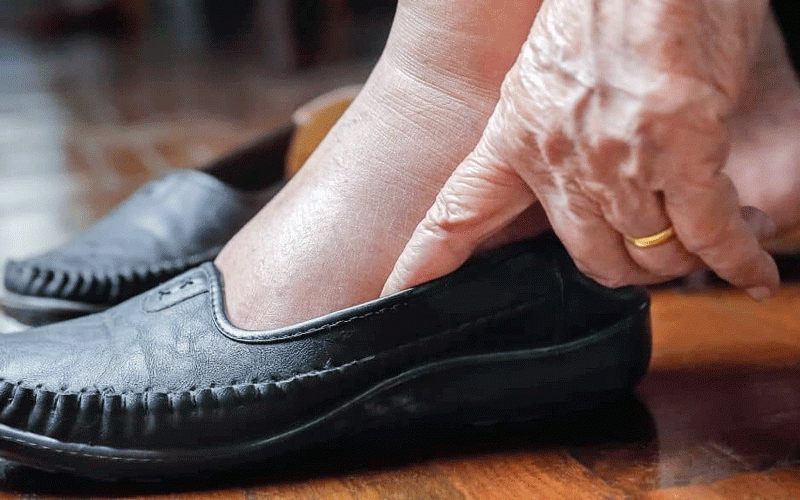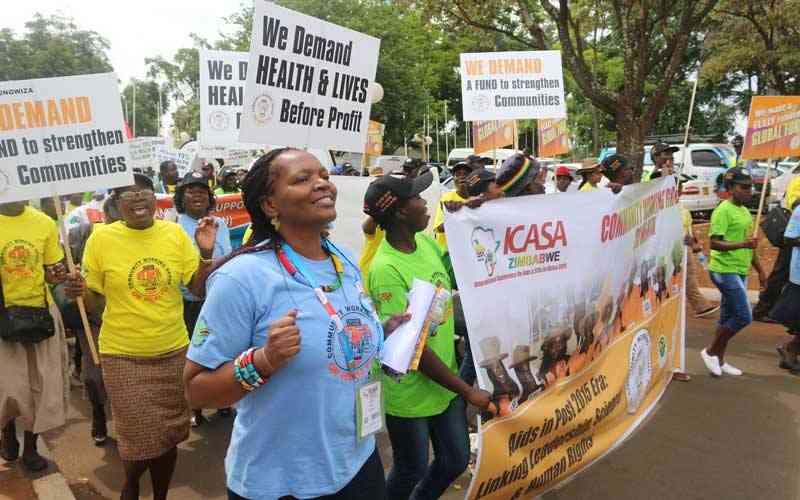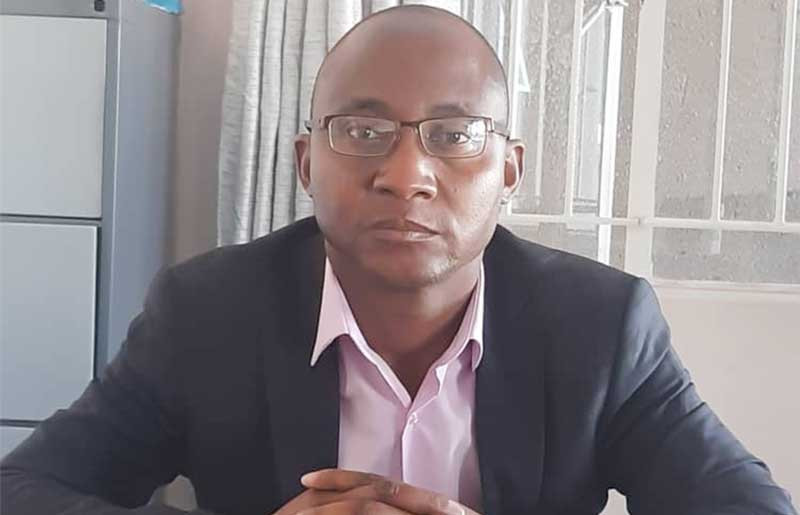
Sebastian Chinhaire, the Zimbabwe National Network of People living with Aids (ZNNP+) chairman said their concerns were not being addressed adequately because of under representation.
There are currently two PLWHA in the CCM board but Chinhaire said they would be happy with at least four representatives.
“Most of our issues are being generalised,” he said. “They are not being dealt with directly as the funds which we have been receiving are not adequate compared to our needs.”
He said although many people can now access antiretroviral therapy (ART), treatment was not the only way to deal with the pandemic.
“People living with HIV need a holistic package, which includes nutrition as we cannot take medication without it,” Chinhaire said.
“We need money to start income-generating projects so that we will be able to take care of ourselves as well as our families.”
Eunice Kapundura, the executive director of Child HIV and Aids in Zimbabwe said appointing youths into the CCM board will ensure that their concerns are addressed at the highest level.
Her organisation works with children living with HIV and Aids who are mostly orphans.
- Chamisa under fire over US$120K donation
- Mavhunga puts DeMbare into Chibuku quarterfinals
- Pension funds bet on Cabora Bassa oilfields
- Councils defy govt fire tender directive
Keep Reading
All stakeholders are adequately represented— official
CCM coordinator Rangarirai Chiteure said they felt that all stakeholders were adequately represented in the board.
“Some people feel that the government’s six seats are too many but actually the representation is less than the minimum required by the Global Fund,” he said.
Chiteure said according to Global Fund regulations not more than 60% of the representatives must be from government but in Zimbabwe it was 30%.Zimbabwe’s CCM comprises of representatives from government, United Nations agencies, donors, the private sector, non-governmental organisations, people living with HIV, faith-based groups and academia.











